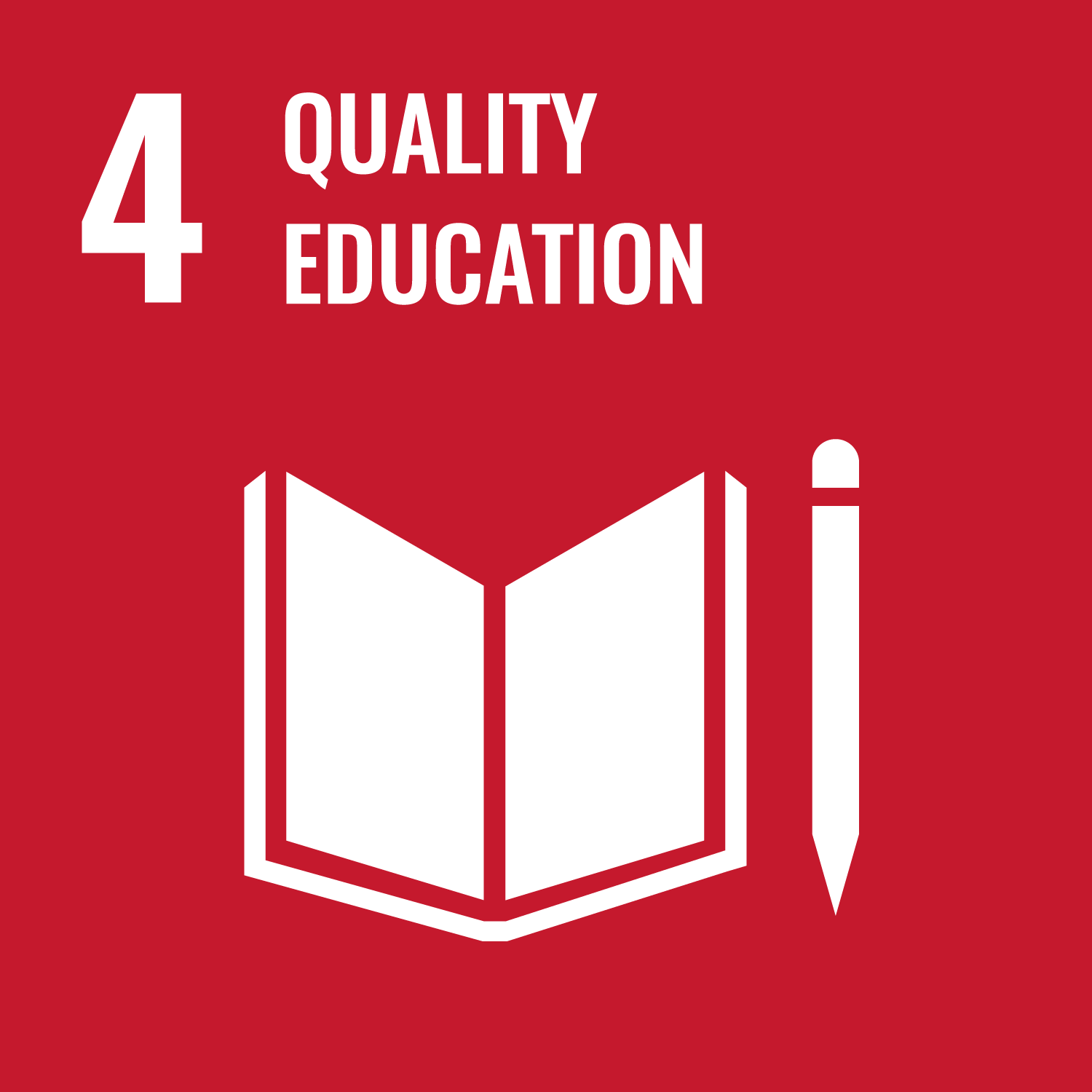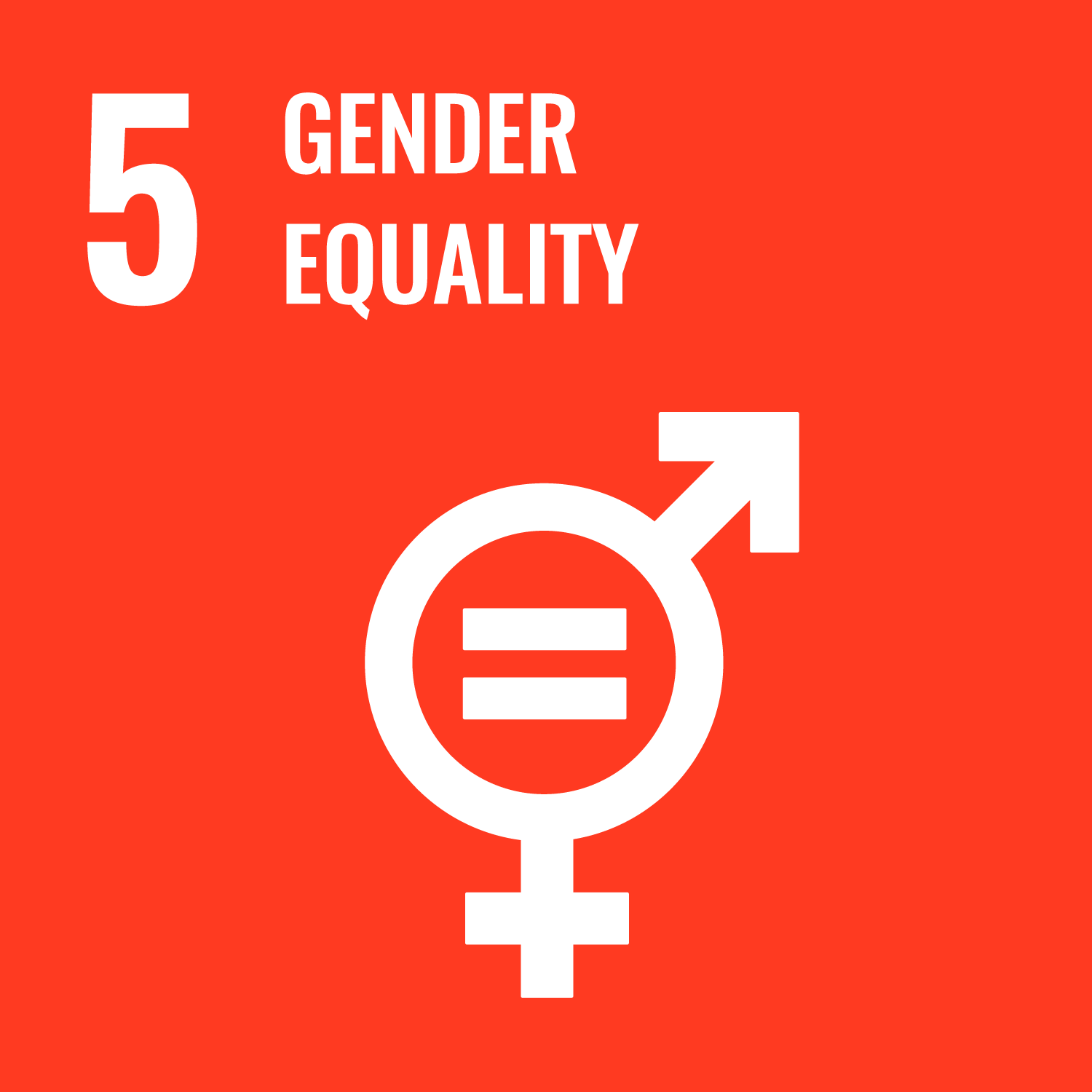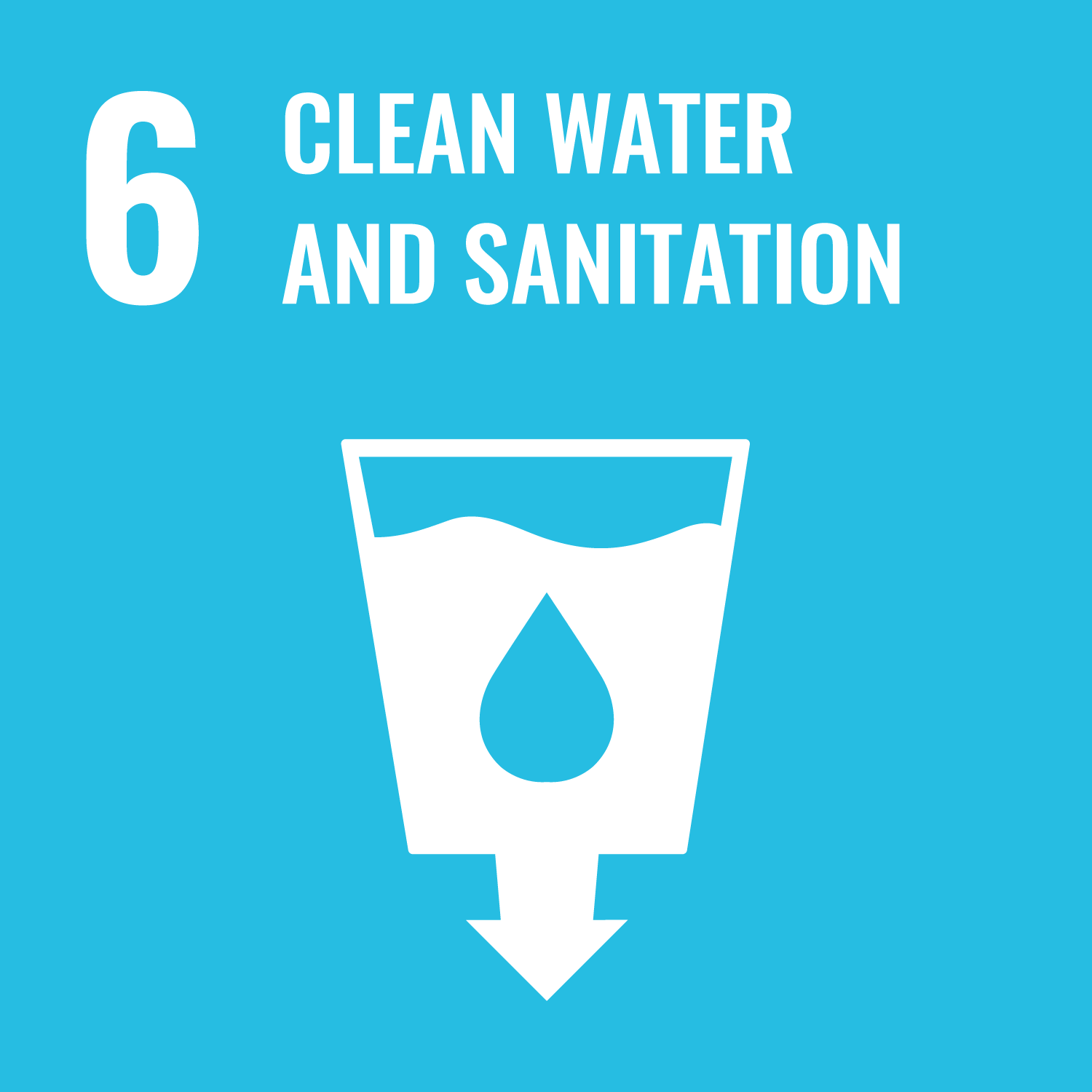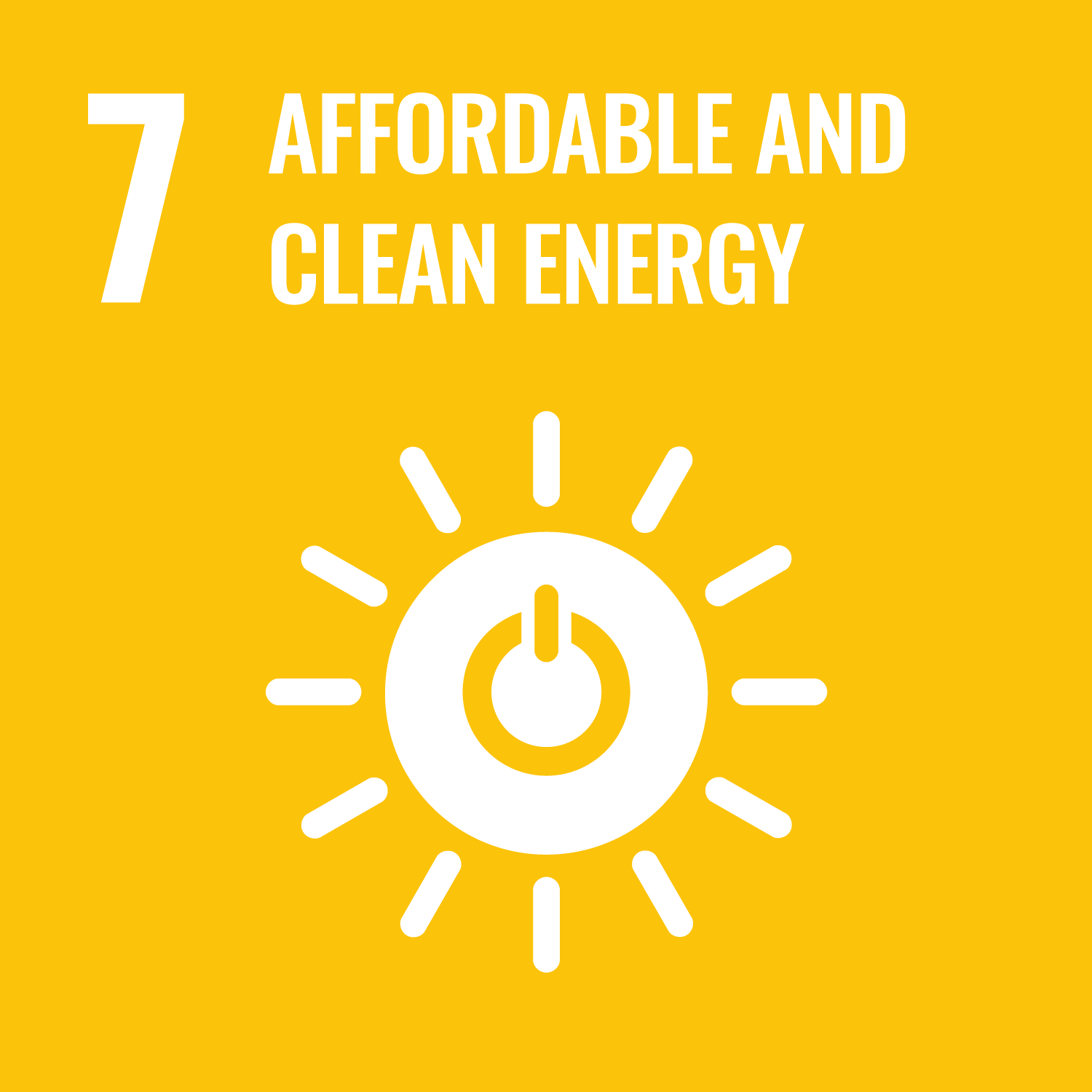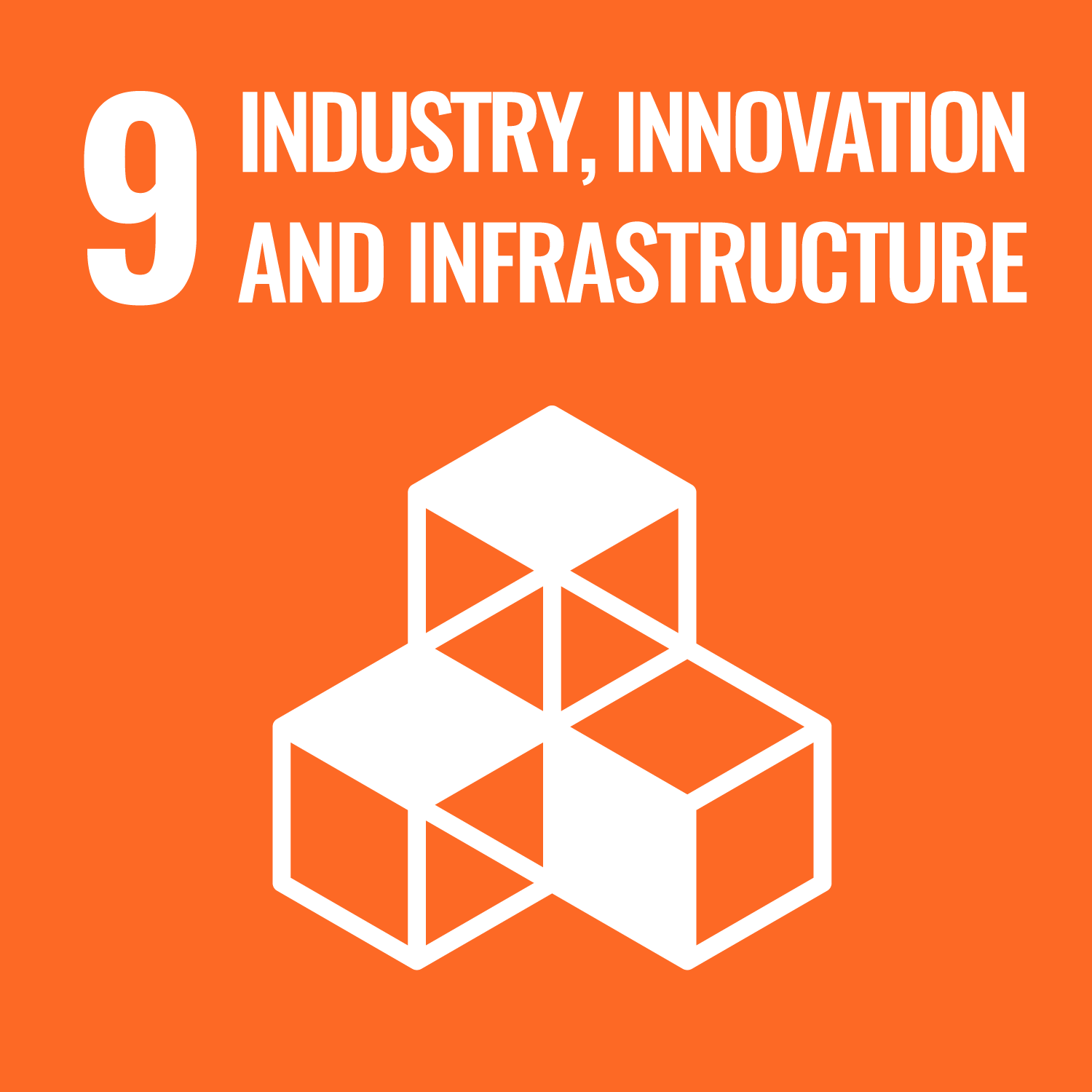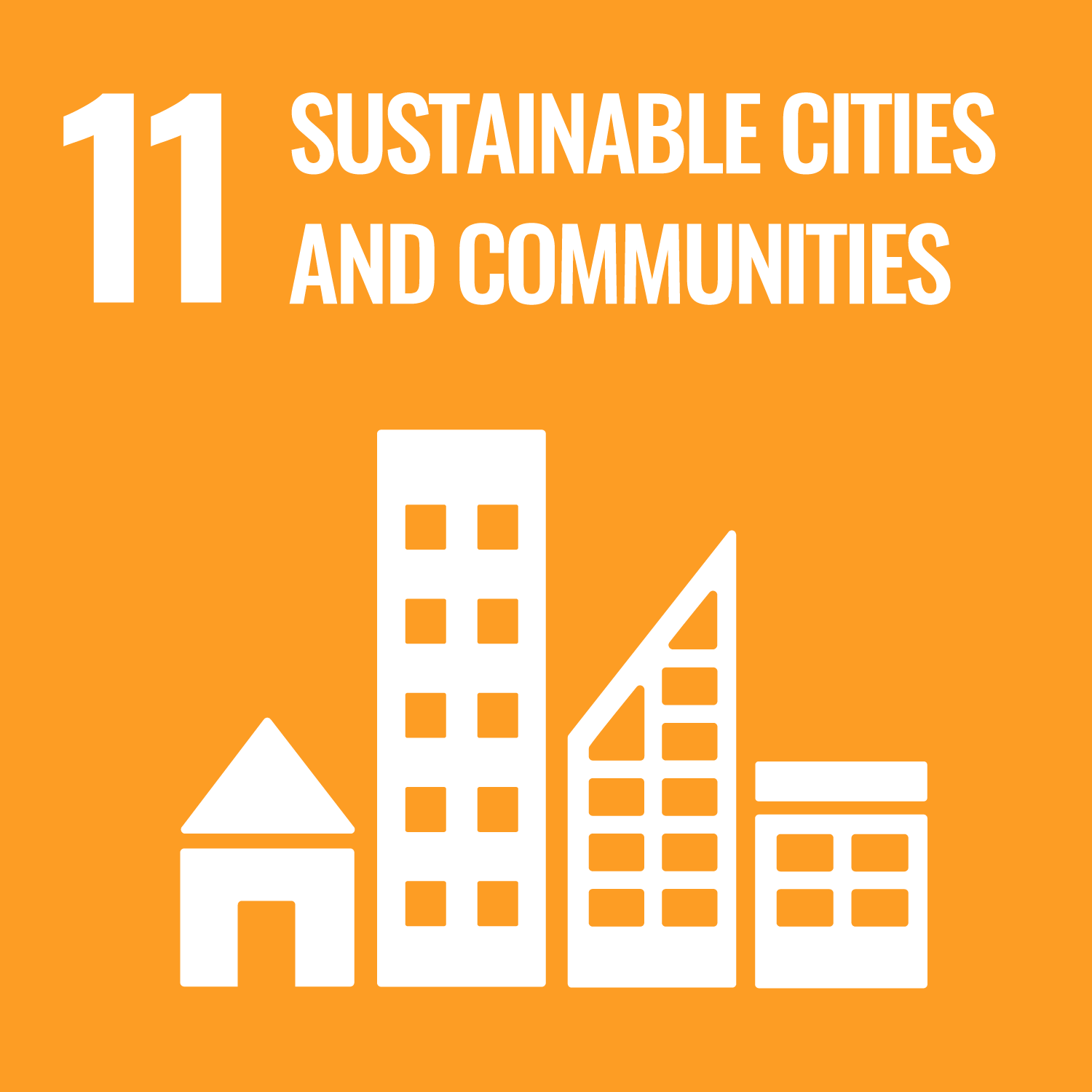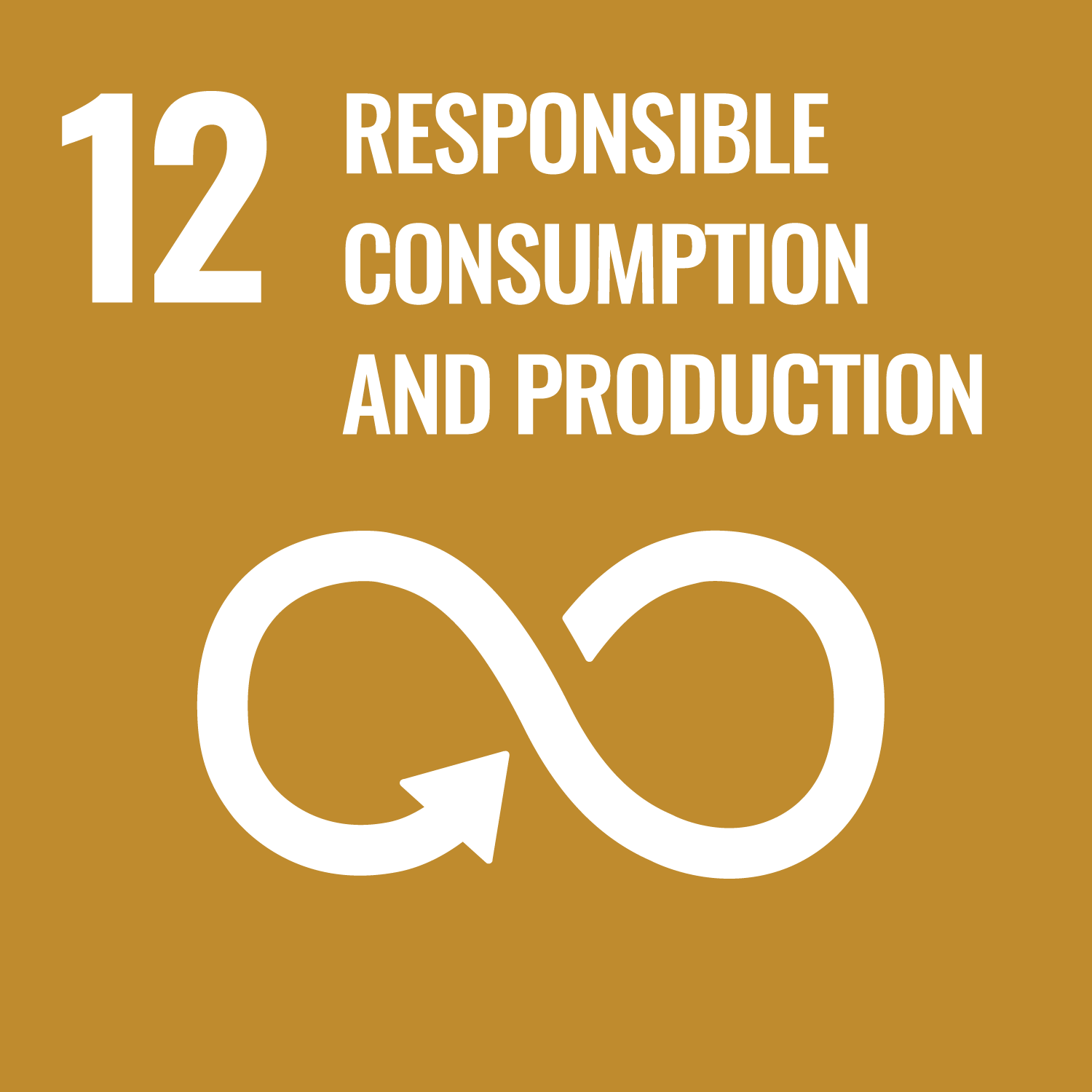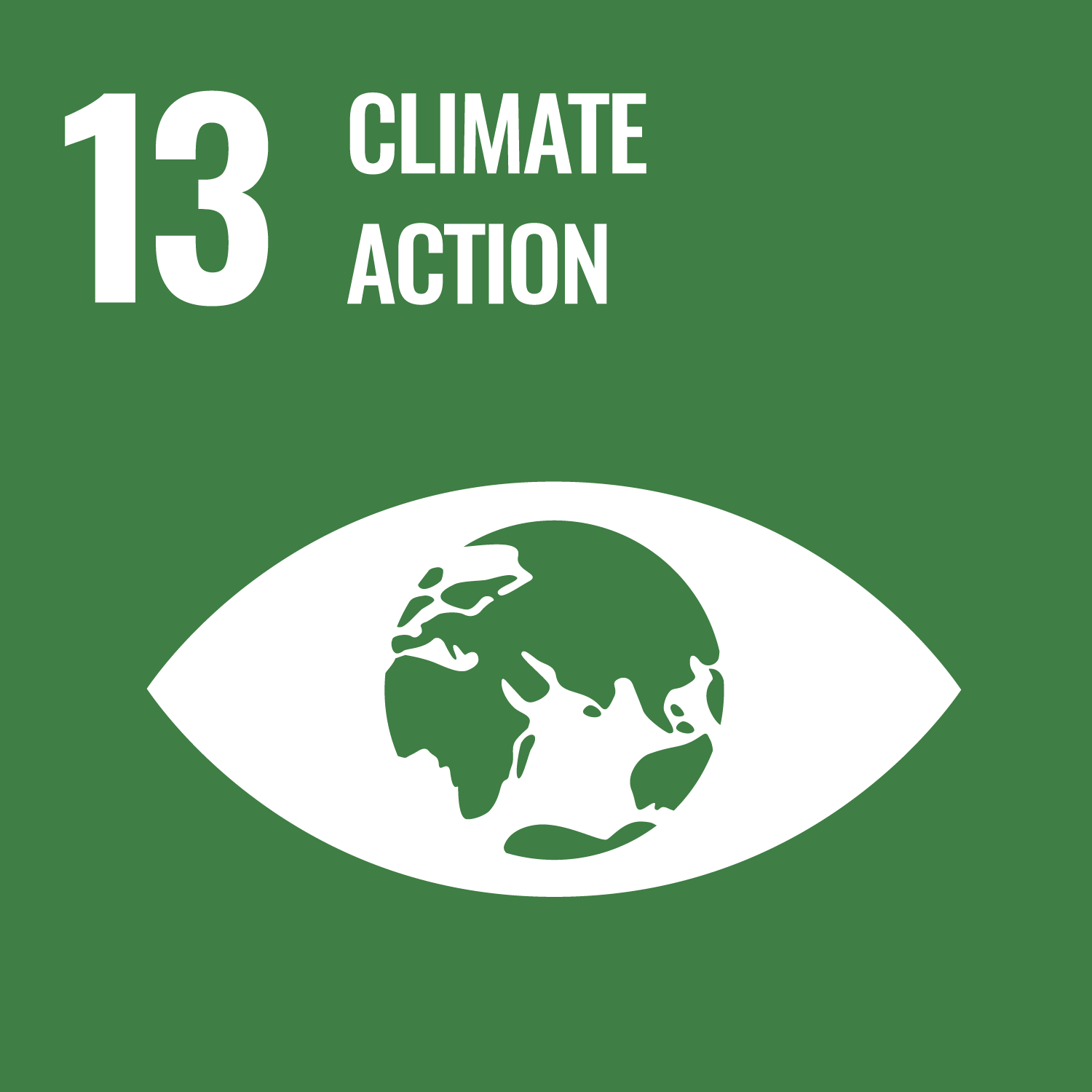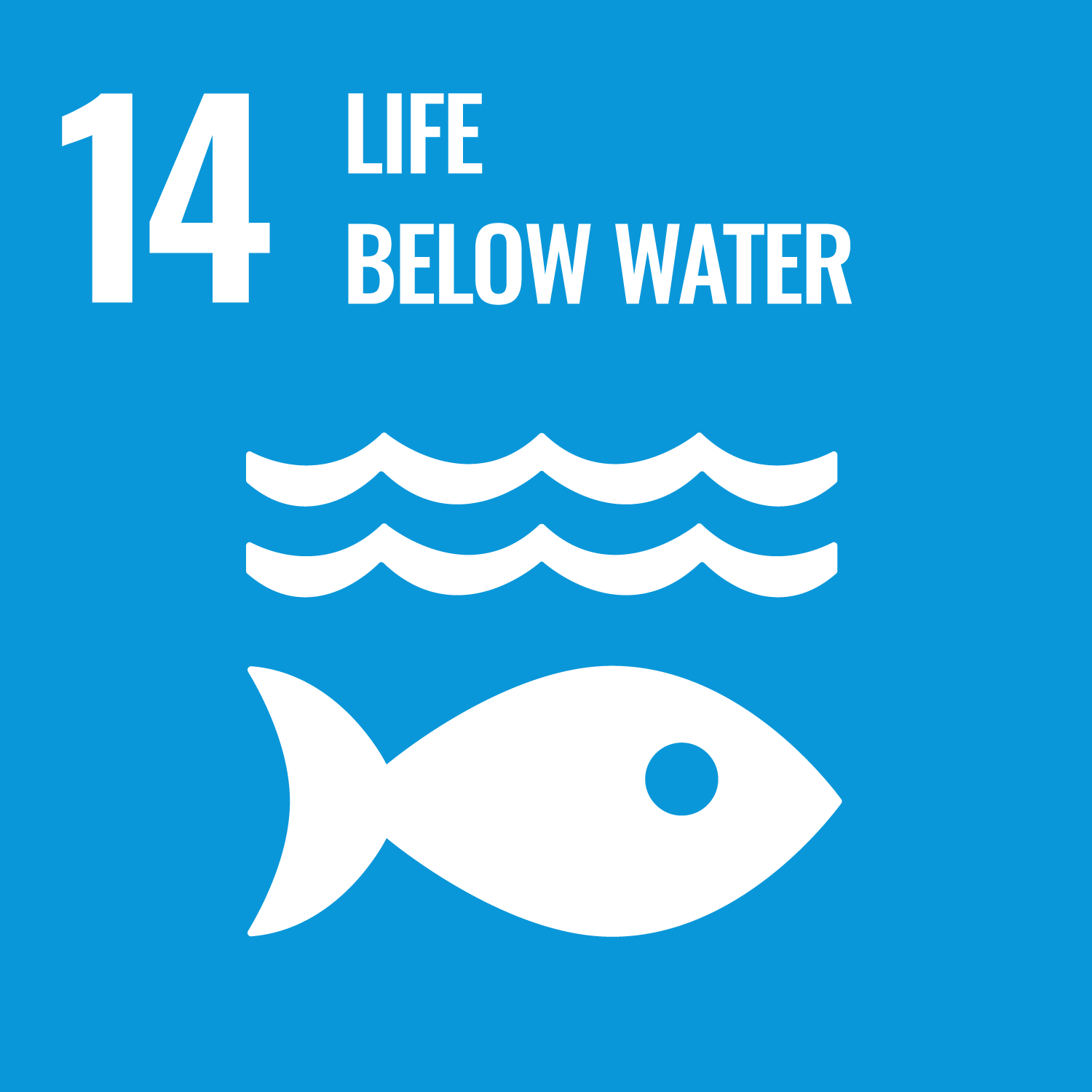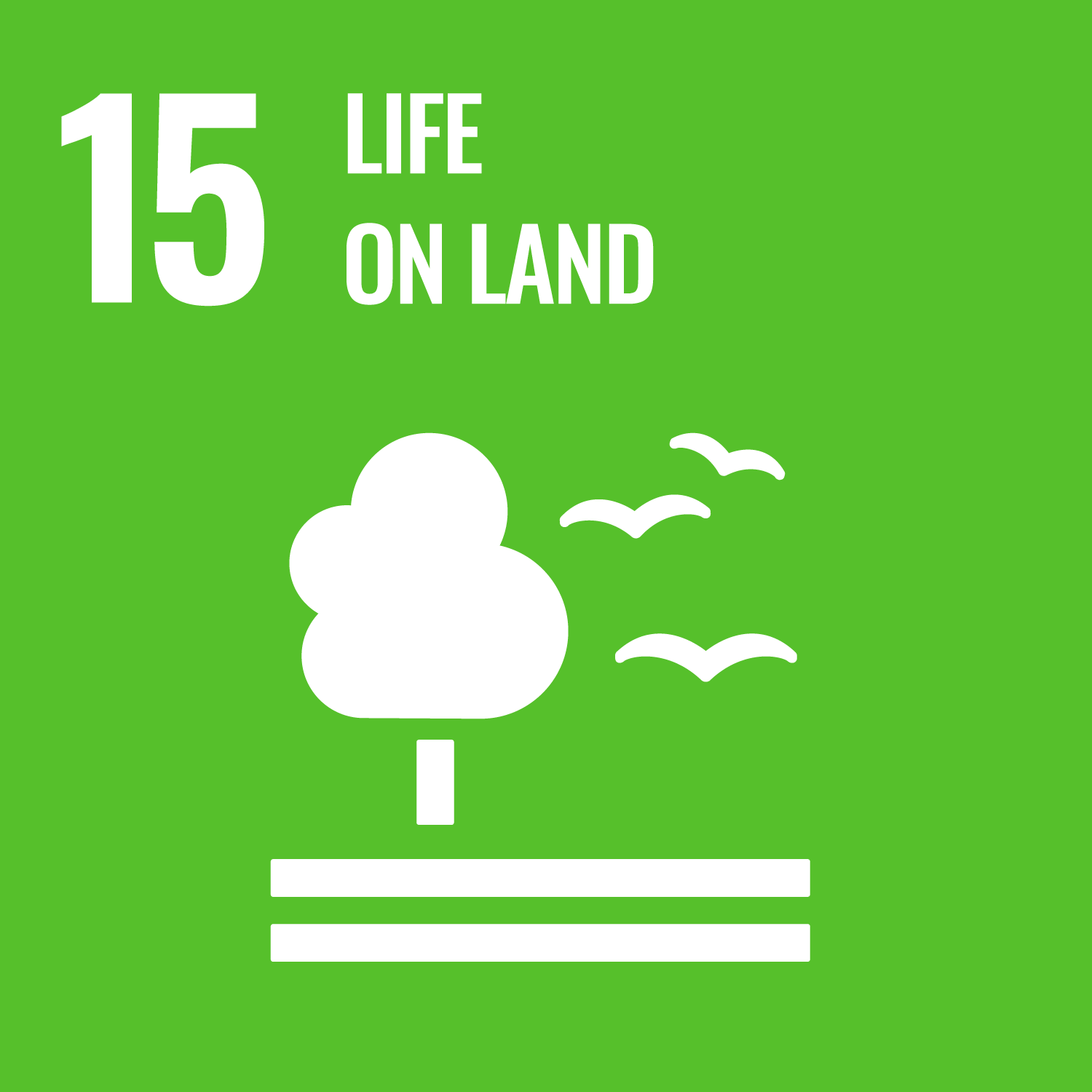Negotiation of Environmental Goods and Economic Analysis of Trade
Faculty of Law, Economics and the Humanities
Department of Law, Economics and Sociology
Economics Course
Associate Professor
HINO Michihiro
Background and objectives of activities
An international diffusion of "environmental goods" (environmentally friendly goods, e.g. solar panels, as an example) will be economically analyzed. The objectives are twofold To investigate and analyze the actual status of international rule-making aimed at promoting the diffusion of environmental goods. And, to examine the environmental effects of the international diffusion of these goods.
Summary of Activities
The history and reach of international rule-making on the dissemination of environmental goods are clarified. All the steps from the starting point of the liberalization negotiations of environmental goods to the APEC agreement are analyzed. The study also provides a quantitative analysis of the environmental effects of trade in environmental goods. This verification is not common worldwide, and this study is the first result using a well-balanced sample in both the period and countries under analysis.
Expected Benefits
The environmental goods trade is expected to contribute to Goal 17: "Let's achieve our goals through partnerships". Imports of environmental goods have the effect of improving the environment, especially in developing countries. The reason for this is that environmental goods are brought to the local market with embodied environmental technologies. In other words, based on international exchange, it leads to the realization of the sustainable development goals of developing countries. It can also contribute to Goal 9: "Create a foundation for industrial and technological innovation. Encouraging the international diffusion of environmental goods will expand the trade market for environmental goods. As a consequence, the development of environmental industries will be stimulated, leading to new environmental innovations.



